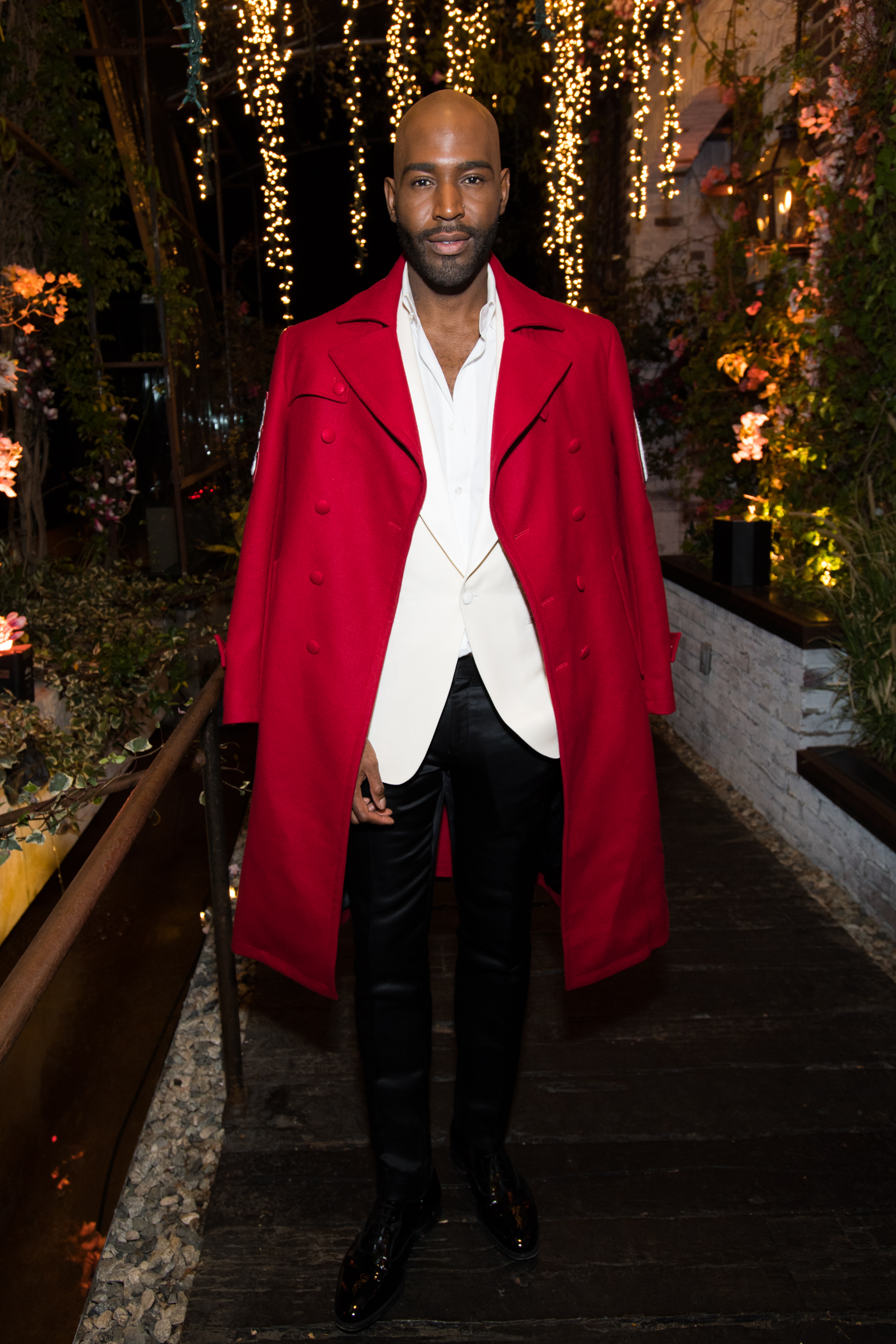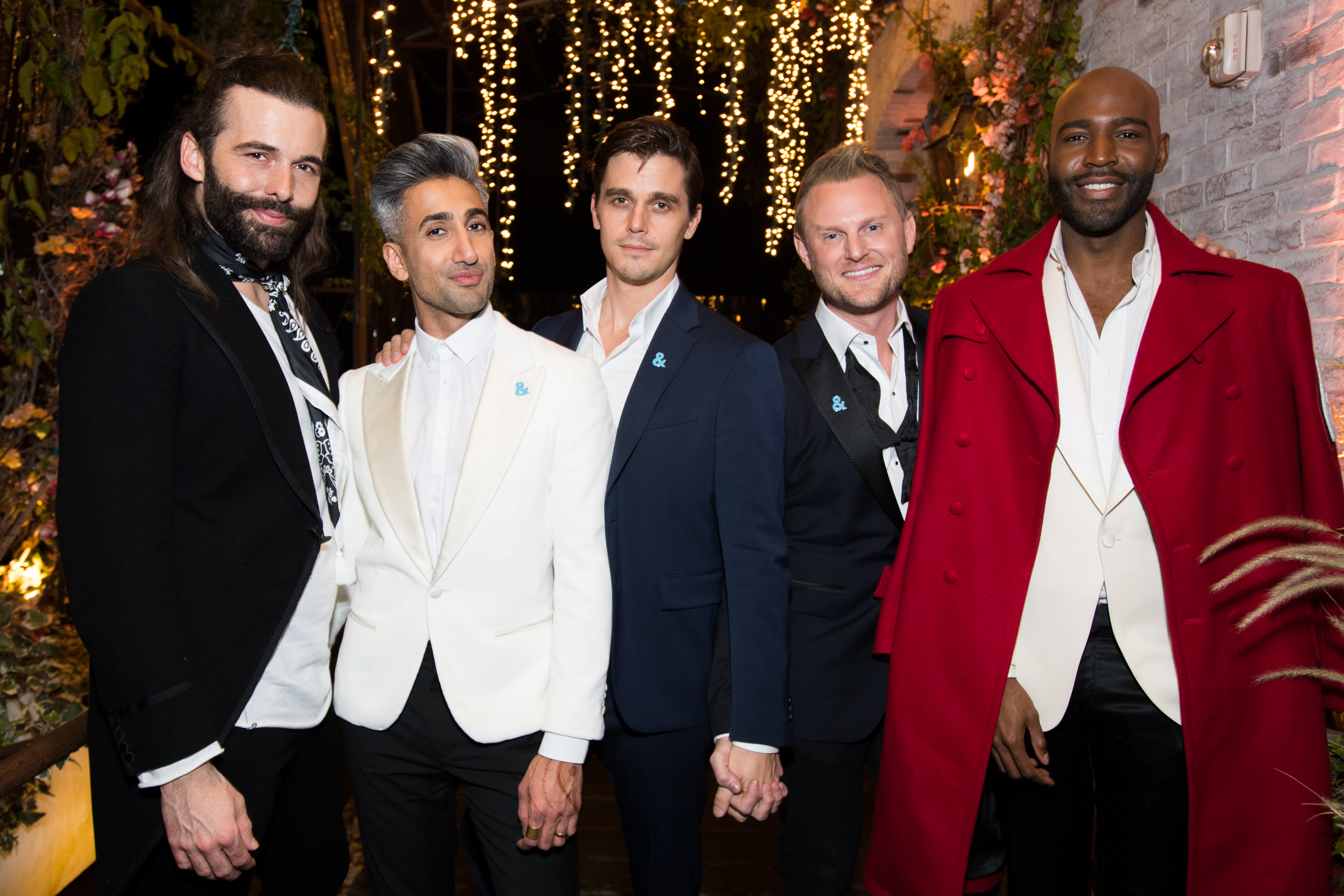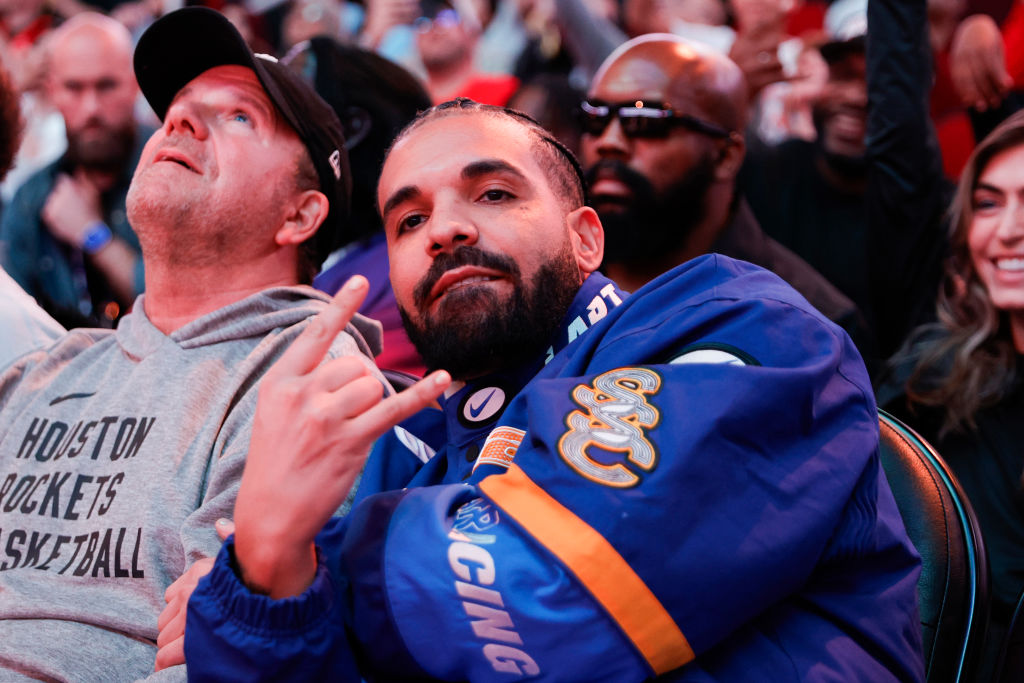
Source: Emma McIntyre / Getty
Since the premiere of Netflix’s Queer Eye audiences across the country have laughed, cried, and been touched by the new Fab Five’s journey throughout Georgia.
Many fans of the show might be surprised to learn that Karamo Brown, in charge of the culture aspect of the show, was almost not part of the Fab Five. While he was denied the first time he auditioned, he came in a second time in the last couple of weeks.
“I made a connection with the other guys and now here we are,” he told CASSIUS. “I tell everyone you gotta fight for what you know in your heart to be true, you better not give up.”
To anyone watching the show, the chemistry between the five men is undeniable. Brown reassures fans that it’s 100 percent real, saying he’s made brothers for life. It was something that came in handy as they adventured through Georgia, navigating the bible belt. Brown said the first week they were together in Georgia he asked the guys on camera (in a scene that didn’t make it on the show) how long it would take before someone called him the n-word or the five of them the f-word. About two days after that, he said they were called out of their names walking down the street.

Source: Emma McIntyre / Getty
This same sort of empathy came in handy when he met NASCAR enthusiast and police officer Cory in episode 3, “Dega Don’t,” who was a Trump supporter. As the Fab Five were on the way to Cory’s house, they were stopped by the police. With Brown at the wheel, the situation immediately becomes tense — until it is revealed that it’s Cory’s nominator playing a trick on them.
Brown asserted that while none of the show was staged, that scene, in particular, was a very real triggering moment for him.
“By the time we got there and it really set in what happened, I just started to shut down,” he said. “I was like, ‘There is nothing about this guy that I want to help or be part of.'”
But as the day went on, Brown said he saw the opportunity to have a real conversation with Cory about their differences. After engaging him in a one on one conversation about police brutality, he opened up and they were able to see eye to eye. Today, Brown cites Cory as the one hero he met on the show who surprised him, and whom he connected to the most.
“I was surprised to hear a police officer in the south say that there are bad police officers,” Brown said. “I was happy afterward that I was driving because it allowed me to be in that situation.”
Another particularly special moment directly followed it with Episode 4’s “To Gay or Not Too Gay” where we meet AJ. He’s a Black gay man who wasn’t out to his family and co-workers. He disclosed to the Fab 5 that his biggest regret was not being able to come out to his father before he passed away. Brown was able to connect with him in order to help him become more confident in his identity as a Black gay man. He confessed to CASSIUS that as soon as the Fab Five left AJ’s loft, Brown broke down crying.
I’ve lived my life especially wanting to support queer people of color, especially Black queer people of color,” he said. “I’ve seen it now because the show has aired, young Black and Latino boys calling me saying they’ve never seen another queer person of color telling another queer person of color, ‘I’m proud of you.’ To have a complete full hour of two gay Black men saying, ‘I see you, I believe in you, you’re special,’ meant a lot to them and to me.”
I’ve lived my life especially wanting to support queer people of color, especially Black queer people of color
When asked about a reunion special, Brown said he’d love to see it happen as he still keeps up with many of the guys himself. Most of all, he said he’s received a great deal of positive feedback from an unexpected audience: white conservatives. He paints a picture of white men with Donald Trump as their profile pictures messaging him on Facebook to tell him how much watching him on Queer Eye has changed them.
“They’ve told me, ‘I never understood the fear and apprehension that comes over a person of color when they get stopped until I saw your energy and face change’,” he explains. “They told me, ‘For the first time, I realized it’s not fair for any person of color or queer person to experience that fear just by being stopped. I’m so sorry.’ I’m not delusional enough to think the world has changed, but this [show] is something that is changing the consciousness of people.”
















